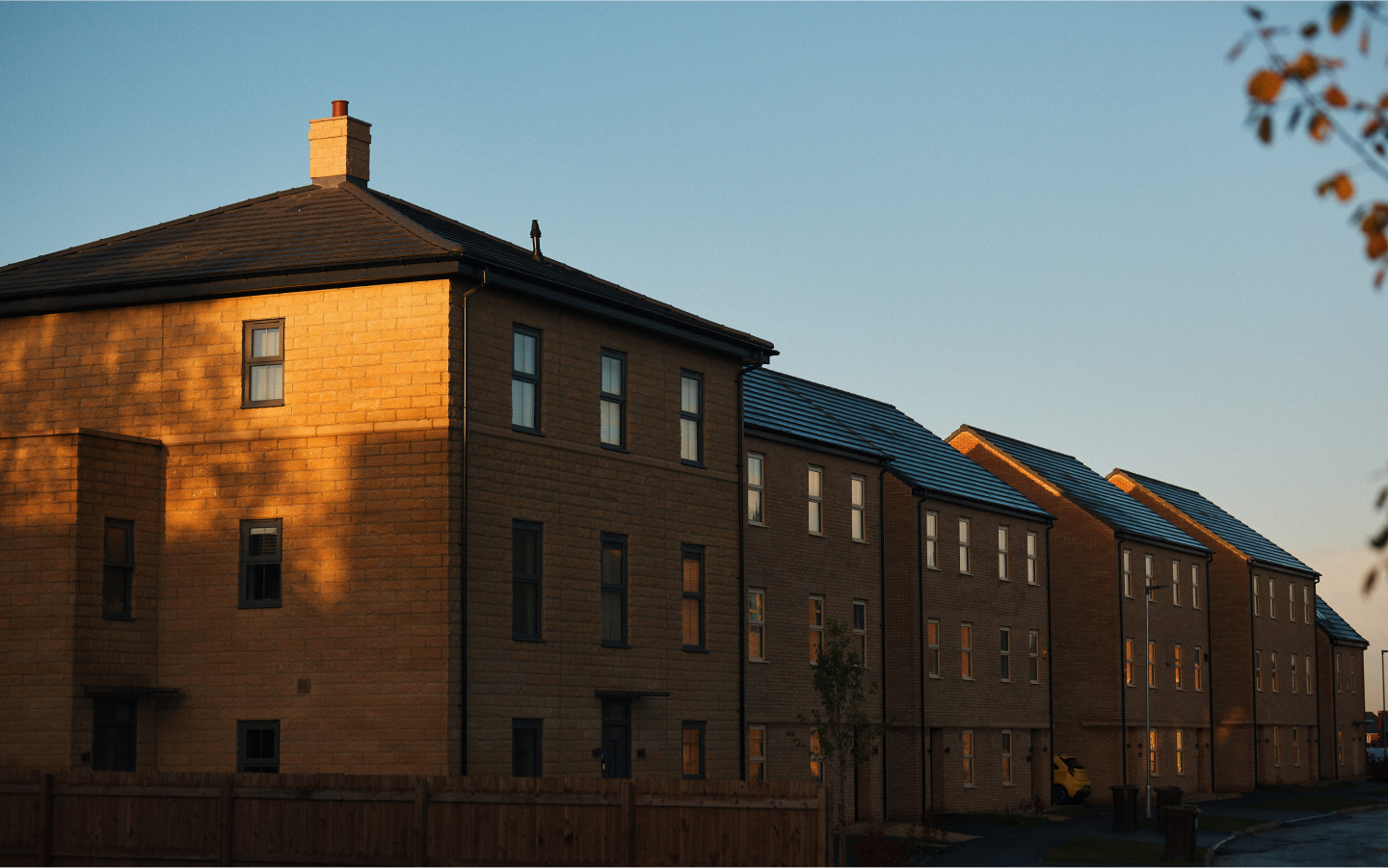What is a mortgage in principle?


Have you heard of the term “mortgage in principle”, without knowing its meaning? It’s likely that you have, which is why we’re here to tell you all about what one is and why you’ll need one when buying a home. Just read on to uncover all of the answers to the questions you have about a mortgage in principle.
A mortgage in principle – also called an agreement in principle (AIP) is a written piece of proof from a lender, i.e. a bank or building society which states how much they are prepared to lend you for a mortgage.
A mortgage in principle isn’t set in stone, it’s just an indication of how much they would be prepared to lend. So, this means a bank can refuse you a mortgage on those terms, despite previously agreeing to them.
Don’t let this deter you from getting a mortgage in principle, though; it might not be a set-in-stone agreement, but it does give you a good idea of how much you’ll (likely) be able to borrow. Plus, if you have a mortgage in principle, you’re in a much better position to make an offer on a home you fall in love with at a viewing.
It usually takes just under one hour to receive a mortgage in principle, so long as there are no problems that delay the process. And the speed of this makes house hunting that much easier, and quicker to start doing.
Getting a mortgage in principle is quicker than applying for a mortgage
When you look around a property you intend to buy, a seller or estate agent is going to take your offer more seriously if you have a mortgage in principle ready, as they know you’re genuinely interested in the property. In fact, some estate agents/sellers won’t accept your viewing if you don’t have a mortgage in principle in place.
The whole point of a mortgage in principle is to show how much you’re able to lend, which in turn, gives you a clearer idea of how much you can really afford when you’re buying a home. You might realise you can afford a lot more than your initial budget, or that you need to set your expectations a little lower.
This also means you’re less likely to realise further down the line that you can’t afford the large mortgage you’ve signed up for, or being rejected for a mortgage.
You’ll want to arrange a mortgage in principle before you look around a home you’re interested in. For new build homes, this is especially true because they sell out fairly fast, so having the right information ahead of your viewing means you’re one step closer to securing your dream plot.
Now you know what a mortgage in principle is, you’ll want to know how to get one yourself, when the time is right for you.
To get a mortgage in principle, you can either:
There are pros and cons to each of these options, but getting one through a mortgage broker is deemed faster because you cut out the middleman, as the broker will be able to source the best mortgage deal right away.
If you do choose to get a mortgage in principle with a mortgage broker, you’ll just need to call them directly when the offer you’ve put in for a home has been accepted.
Once you’ve given them your approval, the broker will then arrange the full application, and many people prefer this option to shop around for different rates.
So that you’re readily prepared for the meeting you’ve arranged with a lender, whether it’s a mortgage broker, bank or building society, they will require the following information from you:
Later down the line, you’ll need this information ready for your full mortgage application. So, it’s good to have everything prepared in advance anyway.
You can expect your mortgage in principle to last between around 60 to 90 days, on average, but do remember that this depends on the lender. If you haven’t managed to find a home in that period, or been accepted for an offer, you might need to go back to the bank and get another mortgage in principle sorted.
This should be a fairly straightforward process, as long as your circumstances don’t change (like moving jobs, for example), and the economy doesn’t impact your situation.
When applying for a mortgage in principle, you can still be declined by a bank or building society, which will then affect your credit score. And when you’re looking to buy a home, you want to keep your credit file as problem-free as possible.
But, what are the reasons you could be rejected for a mortgage in principle?
Hopefully, you now have a better understanding of what a mortgage in principle is, and how to go about getting one yourself, for when you climb the property ladder.
Want to keep educating yourself on what buying a new build home involves? Just explore our helpful home-buying advice hub, discussing everything from the stages of a new home to sustainable homes and what they entail.
